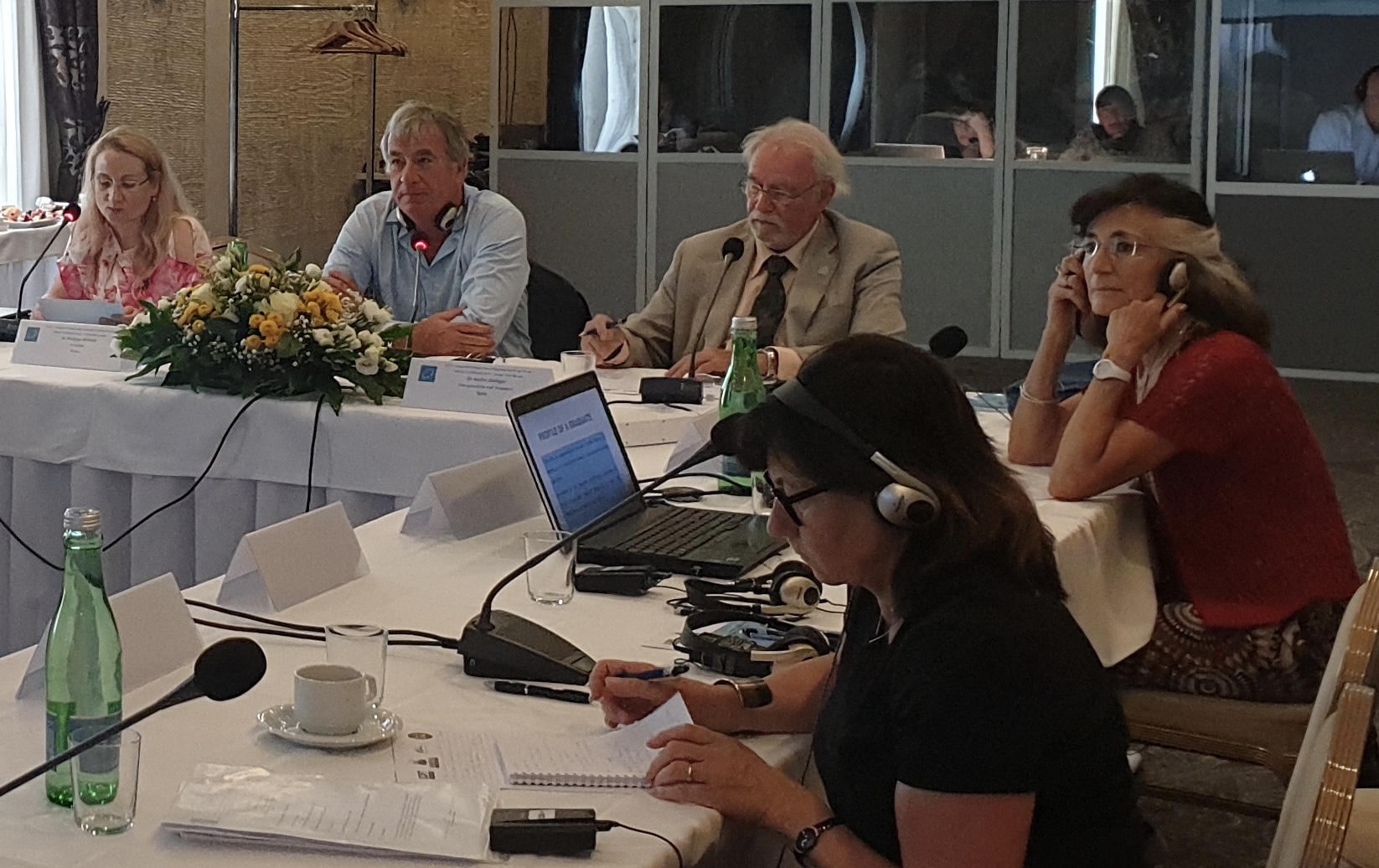EANA - meeting 2024
 EANA - meeting 2024 will take place in
EANA - meeting 2024 will take place in
Vienna 29-30 November 2024
- Category: Uncategorised
 EANA - meeting 2024 will take place in
EANA - meeting 2024 will take place in
Vienna 29-30 November 2024

18-20 Nov.2021

E.A.N.A was founded in 1974 by practitioners in free practice of nine European countries: Ireland, Luxembourg, Switzerland, France, Austria, Belgium, the Netherlands, and Germany. In the meantime, the following countries have joined the E.A.N.A: Sweden, Greece, Hungary, the Czech Republic, Slovakia, Great Britain, Portugal, Spain and Romenia. The E.A.N.A members are medical organizations, but individuals, too, may apply for membership. Cooperation is not limited to the concerns of practitioners and specialists in free practice of Member States of the European Union, as outlined in the report of the meeting held in St. Petersburg, Russia, in 2004.
E.A.N.A. outstands since 50 years as a European permanent working group of doctors in free practice which assembles and integrates national experiences in health systems, health care, professional policy, doctor-patient relationship and further related issues.
E.A.N.A. outstands for developing excellence and independence in free practice of medicine.
